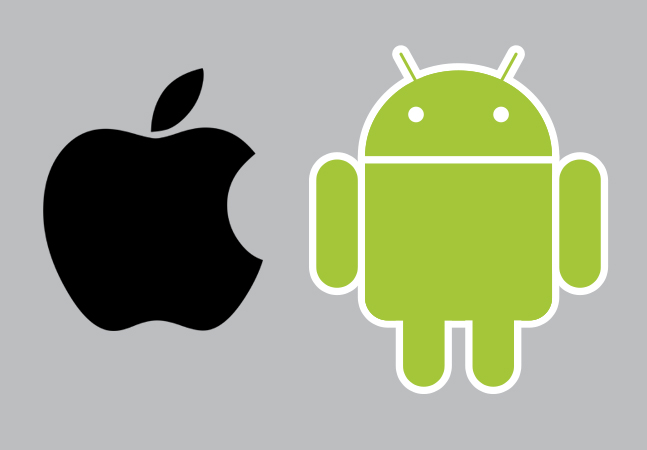
Last week Parasoft launched a new version of its SOAtest automated testing tool featuring enhanced artificial intelligence (AI) and machine learning functionality.

The October edition of the TIOBE index measuring programming language popularity reports that Apple's Swift has made it into the top 10.

Google has shipped the final preview of its open source Flutter project, which uses the company's Dart programming language to build native iOS and Android mobile apps.

Continuing its push into the mobile business app space, Apple has enlisted customer CRM specialist Salesforce in its latest effort.

Google released the latest edition of its flagship IDE for mobile app development, Android Studio 3.2, featuring a new app publishing format, Android 9 Pie functionality and even a new What's New assistant to inform coders of the latest changes.

Azul Systems and Microsoft announced a new strategic partnership that will allow Java developers on Azure and Azure Stack to build and run production Java applications using the commercially supported edition of Azul's flagship Java runtime, Zulu Enterprise.

This release comes with several developer productivity enhancements, along with new support for modern cryptographic and Internet standards, including TLS 1.3 and HTTP/2.

While perhaps not offering new conclusions about the hottest technologies in the software development arena, a new Developer Economics survey from SlashData provides more hard evidence that data science and machine learning are the top skills developers want to learn.

NTT Resonant added automated iOS testing to its Appium-based cloud testing service, supporting iOS 10 and later versions, along with adding support for another Appium version.

A new study examined hundreds of popular Android apps for security vulnerabilities, finding that the improper use of open source software puts organizations and users at risk.

London-based Pusher has launched a new service out of beta that is said to improve on mobile app push notifications, providing more visibility and information to developers about those notifications.

Augmented reality, the technology behind the Pokémon GO craze of a couple years ago, has become one of hottest areas of mobile app development. Now, a two-year-old California startup has taken it to the mobile Web.

The company boosted the capabilities of its code obfuscation product and unveiled man-in-the-middle attack protection.

Data science and advanced analytics specialist Dataiku announced version 5 of its flagship platform, with new capabilities to enable scalable enterprise AI.

This version of the one-year-old platform has been optimized for Kubernetes cluster deployment.

Hortonworks, IBM and Red Hat announced the Open Hybrid Architecture Initiative, seeking to provide a common enterprise deployment model to enable Big Data workloads to run across hybrid on-premises, multi-cloud and edge architectures.

Oracle on Friday announced the first release of Project Helidon, a new collection of Java Libraries for writing microservices, and officially joined the Eclipse MicroProfile effort.

A new survey says organizations are leveraging developer talent in the wrong way, finding that "lost productivity" resulting from tasks such as debugging and code maintenance wastes $85 billion globally in "opportunity cost" every year.

Low-code and even no-code tools have increased as enterprises seek to quickly ship apps amid a dearth of programming talent, but they have mostly targeted simple projects -- until now.

The new report from the TIOBE index of programming language popularity notes that for the first time, the open source Python has cracked the top three, displacing 33-year-old workhorse C++.